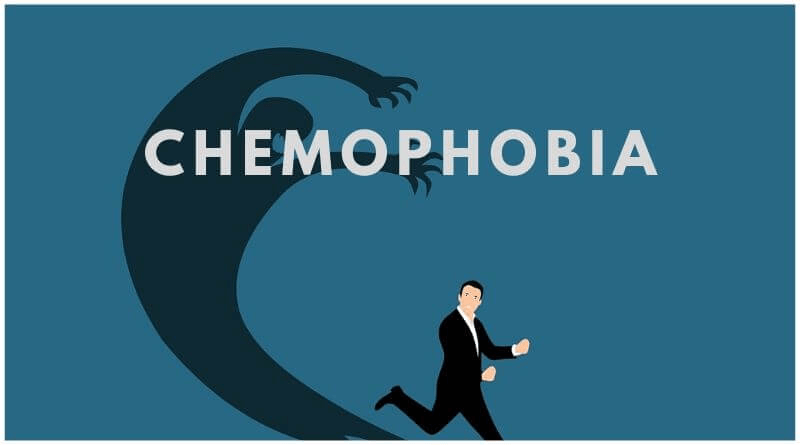If your genuine concerns are safe and effective medicines and a sustainable environment, slavishly following the guidance of these groups may not be such a good idea. The Genetic Literacy Project reviews dozens of advocacy organizations in our GLP Biotech Profiles — Analyzing the Critics Shaping the Debate. Here are the 8 most influential — and from a science point of view, most problematic — groups that spread misinformation on a regular basis.
1. Greenpeace
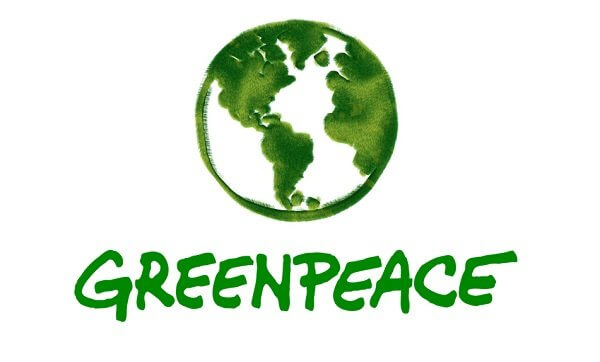
Greenpeace was originally founded in Canada as part of the nuclear war protest movement, but moved to the Netherlands in 1998 after their charitable status was revoked by the Canadian Government. In 2018, New Zealand’s government again ruled that the organization was “too political” to merit charitable status in the country, and Germany issued similar findings in 2007. Today, the organization is made up of regional NGOs operating in 45 countries. Some reports claim that Greenpeace’s combined international campaign expenditures exceed 1 billion Euros.
Greenpeace campaigns include supporting wind and solar energy, and opposing the nuclear, logging and fishing industries. It has long targeted the plastics industry for its use of chemicals. It opposes the use of numerous chemical substances including elemental chlorine. It has been an aggressive campaigner against the consumer electronics industry. and other eco-social issues around the globe. The organization works to block biotech adoption in developing countries with fearmongering campaigns. Their website declares that “GE ‘Golden’ rice does not address the underlying causes of VAD [Vitamin A Deficiency], which are mainly poverty and lack of access to a healthy and varied diet.
In 2013, several prominent scientists wrote a letter condemning Greenpeace, claiming: “If ever there was a clear-cut cause for outrage, it is the concerted campaign by Greenpeace and other nongovernmental organizations, as well as by individuals, against Golden Rice.” In 2016, 107 Nobel laureates sharply criticized the organization in a letter urging it to end its opposition to GMOS and Golden Rice. The letter stated:
Throughout its history, the advocacy environmental group has been criticized by a number of groups, including national governments, members of industry, former Greenpeace members, scientists, political groups, and other environmentalists. According to Wyn Grant, a British professor of politics at the University of Warwick who his written extensively on pressure groups, characterized Greenpeace as a hierarchical and undemocratic organization. An article in Forbes in 1991 entitled “The Not So Peaceful World of Greenpeace,” criticized the organization’s lack of accountability, accusing it of cleverly manipulating the world’s media.
2. Natural News

Alternative health guru and conspiracy theorist Mike “Health Ranger” Adams is the founder of Natural News, a major online disinformation empire. Adams promotes a bizarre mix of fringe ideas drawn from both ends of the political spectrum, such as false claims that 5G radiation can change the brain, that climate change is a hoax, and that vaccines actually spread infectious diseases.
In response to Adams’ misleading claims, Google News, Apple, YouTube, Pinterest, and Twitter have permanently banned him. Facebook temporarily kicked Adams off the platform in 2019, but made the ban permanent in 2020. Despite these attempts to reduce his reach, 15 affiliated Facebook groups, including some titled “GMO Dangers,” “Amazing Cures,” and “Food Freedom,” have continued to share Natural News content. Only four have since been removed.
Adams has even threatened violent retribution against those who challenge his views, saying “it is is the moral right — and even the obligation — of human beings everywhere to actively plan and carry out the killing of those engaged in heinous crimes against humanity” in a 2014 post. A major investigation by the Institute for Strategic Dialogue found that Natural News might be the “largest coordinated disinformation network in the world.”
3. Mercola.com

Osteopath and alternative medicine advocate Joseph Mercola runs Mercola.com, which he claims is “the world’s No.1 health website.” Mercola vigorously promotes and sells dietary supplements, many of which bear his name. The site publishes a steady stream of propaganda indended to persuade its visitors to not trust mainstream healthcare and consumer-protection agencies. A news release on his site claims that physicians are the third leading cause of death in America and that traditional medicine is “responsible for killing and injuring millions of Americans every year….”
Mercola.com opposes immunization, fluoridation and mammography; claims that amalgam fillings are toxic; and advises against eating many foods that the scientific community regards as healthful, such as bananas, oranges, red potatoes, white potatoes, all milk products, and almost all grains. It urges followers to avoid “dangerous electro-magnetic fields,” specifically noting electric razors, all watches with batteries, automatic car door openers, alarm clocks and microwaved foods, because “natural medicine states that the introduction into the human body of molecules and energies, to which it is not accustomed, is more likely to cause harm than good…” His alternative cures include prescribing “organic, non-commercially harvested” seaweed supplements to treat thyroid problems. Mercola’s reach has been greatly boosted by repeated promotion on the “Dr. Oz Show.”
Mercola is also one of the leading proponents of vaccine denialism and COVID-19 conspiracy theories. Mercola argues that measles “continues to be a Trojan Horse for increasing vaccine mandates.” A page removed in 2020 claimed that “vitamin C supplementation is a viable option for measles prevention.” A page about vitamin D includes the headline “Avoid Flu Shots With the One Vitamin that Will Stop Flu in Its Tracks.” The Washington Post reported that Mercola has contributed more than $2.9 million to the nation’s oldest anti-vaccine advocacy group, the National Vaccine Information Center — accounting for about 40% of the group’s total funding.
Mercola claims that many of his supplement products can boost immunity to COVID-19. He has written numerous articles claiming that masks cause “oxygen deprivation” and that the mainstream recommendation for mask-wearing has “nothing to do with decreasing the spread of the virus, but more to indoctrinate you into submission.” He also encourages “civil disobedience” in areas where mask-wearing is mandated. According to the Center for Science in the Public Interest, Mercola “falsely claims that at least 23 vitamins, supplements, and other products available for sale on his web site can prevent, treat, or cure COVID-19 infection.” In July 2020, CSPI sent a letter and documents to the FDA and FTC urging the agencies to bring enforcement proceedings against Mercola for false COVID-19 health claims.
4. ETC Group

The ETC group, an international NGO based in Canada, claims it monitors the “impact of emerging technologies” that impact biodiversity, agriculture and human rights. It promotes imposing an extreme version of the ‘precautionary principle’ to all technologies, claiming that many modern innovations, including genetic engineering of crops and medicines, are too risky to implement, and even basic research should be suspended indefinitely.
ETC Group campaigns against nearly every application of genetic engineering, including biotechnology-based disease research, synthetic biology, and most aggressively gene drives, which it refers to as “extreme genetic engineering” an claims it will result in the “end of Nature.” ETC Group calls has criticized increased corporate involvement in food and agriculture, what it calls threats to biodiversity and farmers’ rights, and what it sees as insufficient government regulation.
“The speed with which those developments are scaling up is often presented in terms of carefully crafted speculative conservation and health benefits while the overwhelming military interest driving these developments, while not hidden, has been very much downplayed,” ETC Group co-executive director Jim Thomas has said, citing the military’s interest in synthetic biology.
ETC Group accuses the Gates Foundation of promoting “species extinction in its support of research into developing gene drives that could be engineered into disease-carrying mosquitoes and other pests to control a range of diseases, from malaria to Zika to dengue. Gene drives are being developed as an alternative to pesticides and other methods for combating invasive species for conservation and disease eradication purposes.
5. Pesticide Action Network (PAN)
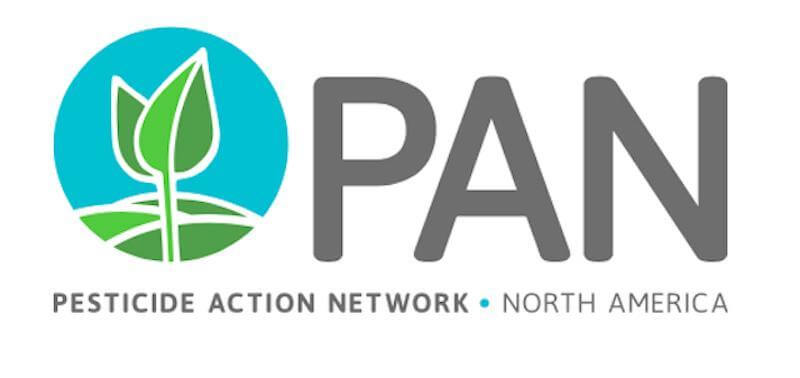
The Pesticide Action Network (PAN) is part of a coalition of around 600 international NGOs, citizen groups and individuals in about 90 countries. PAN opposes a number of modern technological innovations, such as herbicides, insecticides and GM crops, in the aim of replacing “hazardous” biotech crop interventions with “ecologically sound and socially just alternatives.”
PAN is behind the “What’s on my food” campaign, alleging pesticide residues are causing human health problems. They also claim that GMOs increase pesticide use — a claim not supported by 20 years of independent studies, which show a sharp decrease in overall chemical use. PAN has targeted Monsanto — which is not a pesticide company — as the bogeyman for the industry.
Litigation is a key tactic for PAN, and the group frequently partners with other organizations like the Center for Food Safety in lawsuits. They have been involved in at least 14 suits and 7 appeals. Most recently PAN has sued California to challenge “the state’s approval of the cancer-causing strawberry pesticide methyl iodide.”
6. Environmental Working Group (EWG)
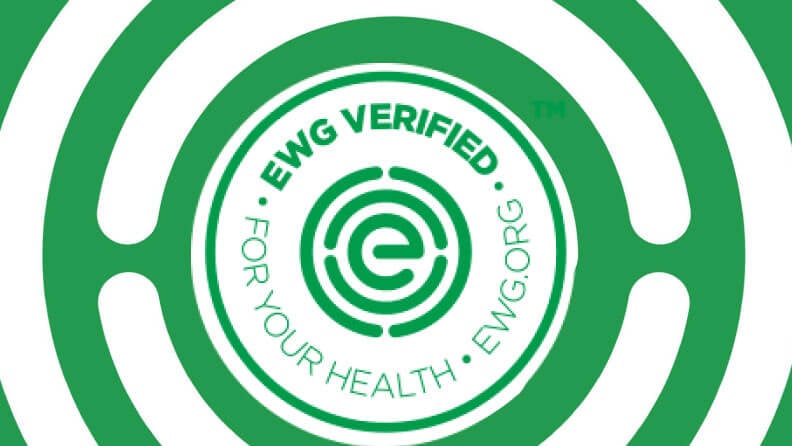
The Environmental Working Group was founded in 1992 as a ‘think tank’ promoting original research and pushing back against corporations engaged in everything from sunscreens to cosmetics to drinking water to plastics to food production. It is well-known as a promoter of organic products (specifically “pesticide-free” and “GMO-free.” Its annual budget exceeds $8 million. EWG also oversees Organic Voices Action Fund, which is a political lobbying (c)(4) organization that is 100% funded by the organic industry.
EWG has been called the “Environmental Worrying Group” by watchdog group the Center for Organization Research & Education. [1] Seventy-nine percent of members of the Society of Toxicology who rated the group say that the EWG overstates the health risk of chemicals. Quackwatch describes EWG as one of “[t]he key groups that have wrong things to say about cosmetic products”.
EWG reviews chemicals, judging many of them to be harmful, but does not assess critical factors such as length of exposure or dosage. Its list of ‘scary’ chemicals include: arsenic, asbestos, BPA, chromium-6. dioxin, fire retardants, lead, mercury, nanoparticles, nonstick materials, perchlorate, pesticides (especially glyphosate, dicamba and neonicotinoids), phthalates, triclosan, and 2,4-D.
It has become best known for its signature annual “Dirty Dozen” report criticizing what it calls “hidden” pesticides in foods; it is well publicized by the media and many non-experts embrace its findings as credible. Its bottom-line advice is that consumers should buy organic products, which it claims do not use pesticides (which is not accurate, as organic crops are frequently treated with natural and some synthetic chemicals, some of which are toxic to beneficial insects and animals). Critics of the Dirty Dozen list have suggested that it significantly overstates the risk to consumers of the listed items, and that the methodology employed in constructing the list “lacks scientific credibility.”
7. Friends of the Earth (FOE)
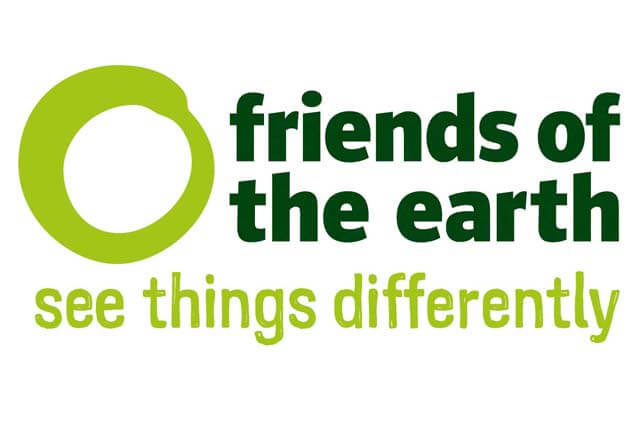
While Friends of the Earth initially started as an anti-nuclear group in the 1960s, they now advocate for environmental issues in their “social, political and human rights contexts.” Originally based largely in North America and Europe, FOE’s membership is now heavily weighted towards groups in the developing world. They have set their sights on discrediting all applications of biotechnology, from GM crops to modern pesticides.
Although they claim to protect the environment, they actively campaign against synthetic biology interventions that would reduce our burden on the environment. For example, they have denounced palm oil replacements derived from genetically engineered yeast and bacteria — despite the fact that traditional oil palm plantations are responsible for rainforest deforestation on a massive scale.
Fearmongering is one of the organization’s key tactics. FOE has railed against the use of nanotechnology, which the organization claims has introduced dangerous “nanomaterials” into products like “cosmetics, sunscreens and a plethora of other consumer products.” They argue that “These nanomaterials differ significantly from larger particles of the same chemical composition, and new studies are adding to a growing body of scientific evidence indicating they may be more toxic to humans and the environment.” Other campaigns include fighting neonicotinoid pesticides and opposing the consumption of meat.
Lorna Salzman, a long-time environmentalist and former FOE member from 1975-1984, penned a scathing review of the organization titled “The Decline and Fall of Freinds of the Earth in the United States.” Salzman says that the FOE was rife with “ethically and legally questionable deals, mostly made, it was later discovered, in private by management and a handful of Board members, and by serious political compromises on important environmental legislation.”
8. International Agency for Research on Cancer (IARC)
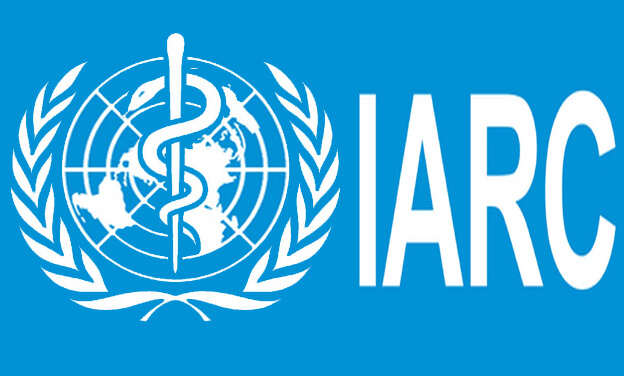
The International Agency for Research on Cancer (IARC) is a semi-autonomous agency under the World Health Organization. It brings together groups of scientists to identify chemicals, physical and biological agents, and lifestyle factors that could possibly cause cancer in humans. The IARC only evaluates whether a chemical or situation poses a health hazard —which means the agency does not look at essential factors like exposure duration and dose.
As a result, IARC classifies hundreds of chemicals or situations as “possible” or “likely” carcinogens while multiple other risk assessment agencies (including the WHO itself) has concluded the identical chemical or situation poses no meaningful public health danger. IARC has classified more than 1,000 everyday agents or situations as carcinogenic. The IARC’s list of carcinogens include: sunshine, cellphones, alcoholic beverages, meat, going to the barber or hairdresser, sawdust, night shifts, and the herbicide glyphosate — giving undue legitimacy to glyphosate protests worldwide.
The IARC’s curious glyphosate determination was a surprise to many scientists, as every major regulatory agency (then and since) has determined that glyphosate does not pose any cancer risk to humans. Recent scandals may give us an explanation: In June 2017, Reuters reported that Aaron Blair, head of the IARC’s glyphosate review group, withheld information showing no link between glyphosate and cancer. In October of the same year, the Times (UK) reported that a scientist who advised IARC’s glyphosate review, Christopher Portier, received $160,000 from law firms bringing cancer claims against glyphosate manufacturers. He did not declare this as a conflict of interest.

